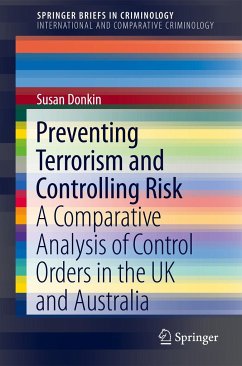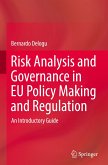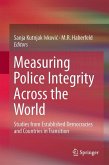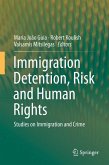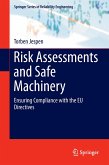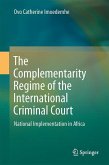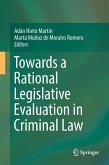?This Brief takes a provocative look at existing socio-legal literature with a comparative study of terrorism control orders, focusing on how the concept of pre-emption fits within a traditional criminological framework. This timely work examines how such measures might be conceived and interpreted within a situational crime prevention approach. Over the past decade, socio-legal scholars have identified a rise in pre-emptive control mechanisms to respond to terrorism and other threats in the post-9/11 world. Many have argued that this pre-emptive rationale has been used to justify the introduction of measures that transcend established legal and risk frameworks, to deal with individuals or groups thought to pose a threat to the state or its citizens. ?Preventing Terrorism and Controlling Risk: A Comparative Analysis of Control Orders in the UK and Australia will be of interest to researchers in Criminology and Criminal Justice, particularly with a focus on terrorism, risk assessment, and human rights.?
Bitte wählen Sie Ihr Anliegen aus.
Rechnungen
Retourenschein anfordern
Bestellstatus
Storno

